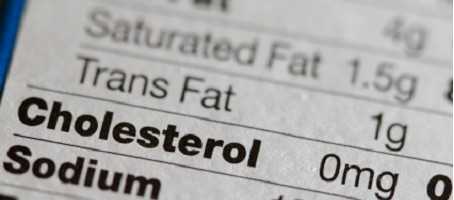Seven new genetic regions linked to type 2 diabetes have been identified which could ultimately lead to novel ways of treating and preventing the metabolic disease.
The new regions of the genome associated with type 2 diabetes risk were uncovered by an international team of researchers from 20 countries across four continents, who conducted the largest study to date of the genetic basis of the disease.
Co-led by investigators from Oxford University’s Wellcome Trust Centre for Human Genetics, the team collected and analysed DNA data from more than 48,000 patients and 139,000 healthy controls from four different ethnic groups (Europea, east Asia, south Asian and Mexican and Mexican American ancestry), unlike most genome-wide association studies which only use data from populations of European descent.
“One of the striking features of these data is how much of the genetic variation that influences diabetes is shared between major ethnic groups,” said Wellcome Trust Senior Investigator Professor Mark McCarthy.
“The overlap in signals between populations of Europea, Asian and Hispanic origin argues that the risk regions we have found to date do not explain the clear differences in the patterns of diabetes between those groups.”
Two of the genetic regions affecting risk of diabetes discovered by the scientists are located near the genes ARL15 and RREB1, which are strongly linked to abnormal levels of glucose and insulin – two key features of type 2 diabetes.
“These findings may lead us to new ways of thinking about the disease, with the aim ultimately of developing novel therapies to treat and prevent diabetes,” said first author Dr. Anubha Mahaja, also of Oxford’s Wellcome Trust Centre.
“There’s every reason to expect that drugs acting on these biological processes would have a far larger impact on an individual’s diabetes than the genetic effects we have discovered.”
The findings of the study are published in the journal Nature Genetics.
What's new on the forum? ⭐️
Get our free newsletters
Stay up to date with the latest news, research and breakthroughs.






